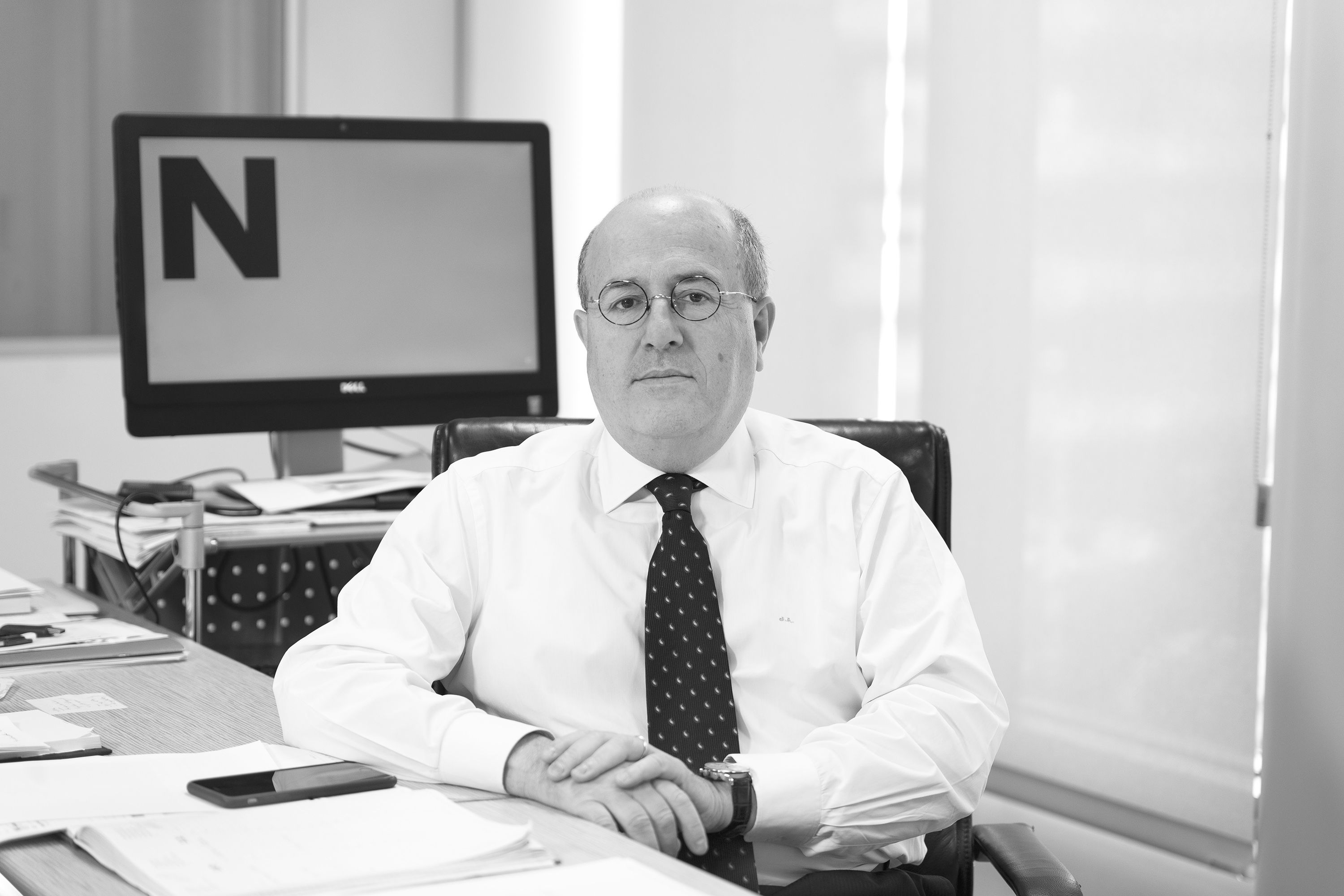This Wednesday the trial of the Catalan independence process has started in the Supreme Court in Madrid for the events which took place in front of the economy ministry on 20th September 2017, the 1st October referendum and the declaration of independence in the Parliament on 27th October for which the public prosecution service is asking for more than 200 years in prison between the defendants. A trial that will see in the dock the members of the Catalan government who didn't undertake the path of exile, the former Parliament speaker, Carme Forcadell, and the leaders of the pro-independence bodies Òmnium Cultural, Jordi Cuixart, and the Catalan National Assembly (ANC), Jordi Sànchez. They will all be tried by the Spanish state based on a narrative which has been shown to be false and which is absolutely baseless legally speaking. But which was necessary to keep Jordi Sànchez and Jordi Cuixart for a trifling 483 nights in prison already; Oriol Junqueras and Quim Forn, 466; Josep Rull, Dolors Bassa, Raül Romeva and Jordi Turull, 357; and Carme Forcadell, 326.
As well as the nine political prisoners, they will also try the other three members of the Catalan government who are free: Meritxell Borràs, Carles Mundó and Santi Vila. But beyond the 12 accused who will be sitting in the dock, it's utterly evident that democracy is also on trial since the defendants' fundamental rights have been violated to be able to maintain the narrative and the political prisoners' right to defence has been flagrantly violated with the unexpected removal of their liberty. It's obvious that Catalonia is on trial and it has to be said like that, however it might bother those who are uncomfortable that it should be said so directly. How can Catalonia not be on trial when its entire government and the speaker of its Parliament are? In a democracy, the representatives of popular sovereignty are who they are. It's not that the minorities are not Catalonia, they are too, but a country's representation is always held by its government.
If the investigation has be plagued by errors, now with the testimony of the accused it will be made clear that the events which took place did not involve either rebellion, or sedition or misuse of public funds. The first two crimes because of the lack of violence and the third because it hasn't been proven in any of the phases of the investigation. We hope that the trial keeps to the equanimity that the Supreme Court has talked about so much, although it's hard to believe it will. In any case, obstacles have been set up which directly clash with these statements like, for example, not reserving space in the courtroom for the international observers who had requested it giving the childish explanation that the trial will be broadcast on television.
The state has tried to break the independence movement with all manner of weapons, some visible and others not so much. It's obvious that by beheading a political generation by imprisoning them or sending them into exile, it's enjoyed a great advantage. So much so that at many times since the 27th October 2017, the independence movement has got stuck in discussions which even questioned its unity on its final objective. There's not been any joint strategy nor shared tactics. But none of this has happened by chance. The persecution of the independence movement came along with a good dose of punishment. It was, without a doubt, an unequal fight. But despite this, the political prisoners are convinced they would do the same thing again and are keen to express themselves directly over months.
The prison hasn't reduced their strength to shatter the false narrative which only the dominance of a state not subject to the rigour of a full democracy has been able to spread with absolute impunity. It is, certainly, this anomalous situation which is giving them at this serious time the dignity that couldn't be taken from them because it wasn't those who imprisoned them who granted it to them and much less who could take it away.

